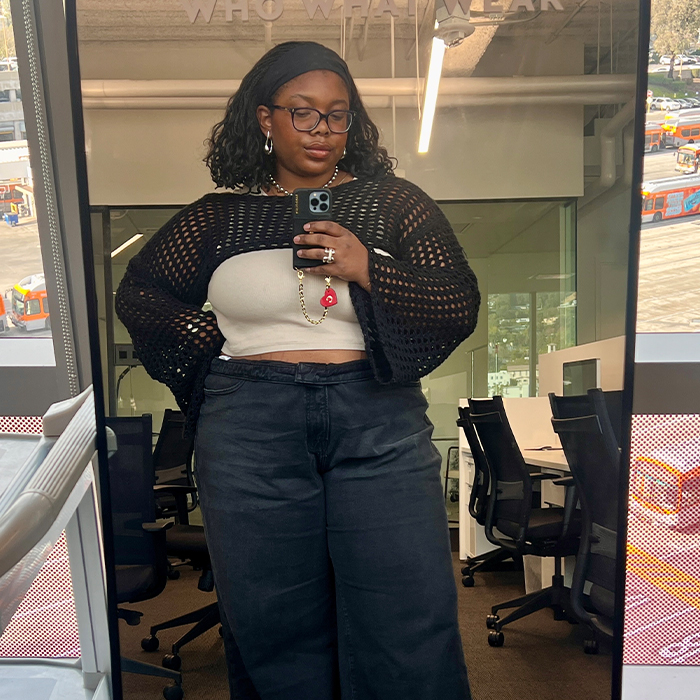This Is the Secret to Better Digestion, According to Nutritionists
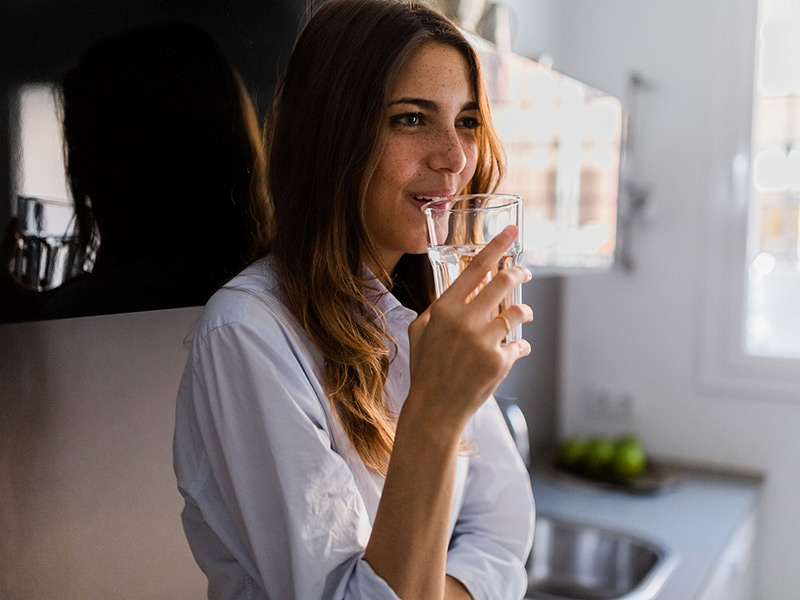
You already know that drinking water is crucial for your health. Consuming adequate amounts of liquid ensures that your body is able to perform essential processes, including regulating body temperature and lubricating joints. But when your body lacks water and other fluids, it can lead to dehydration, making you feel fatigued or dizzy.
Staying hydrated with water is not only beneficial to our bodies, but it also might help with weight loss. "Drink more water" is probably one of the most common weight-loss tips you'll hear time and again. You might even hear that sipping H2O before a meal can help with portion control.
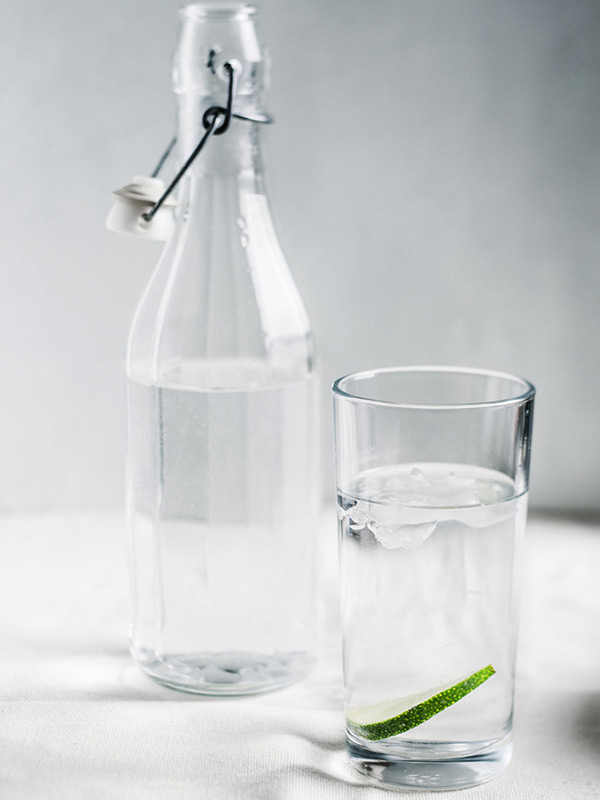
To address how drinking water before and during a meal affects your body, we spoke to a few experts for their insight. Read on to find out more.
Does Drinking Water Before Meals Help With Portion Control?
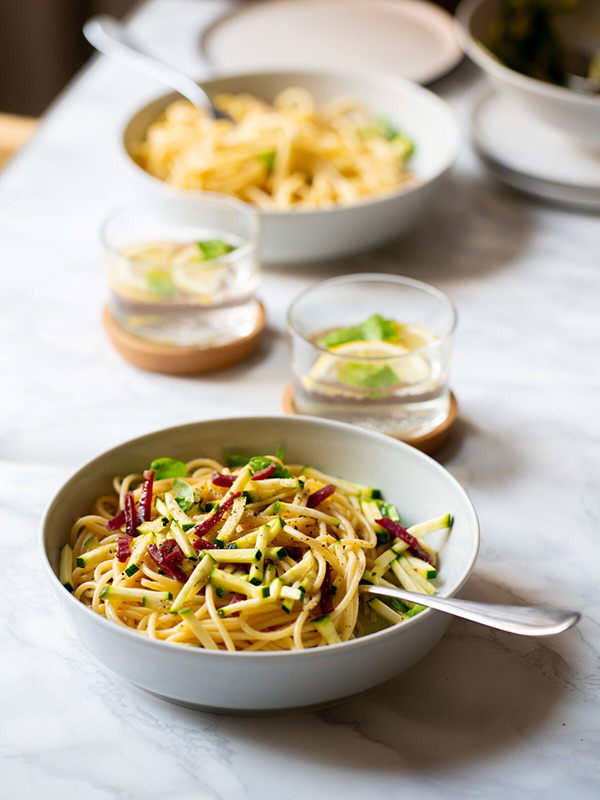
Consuming water before a meal may create a sense of fullness and reduce your appetite. "When you take something heavy, like 16 ounces of water, it really adds this weight and heaviness in your stomach, and it completely quiets that sense of urgency because you're satisfying that hunger hormone. It leads to this sense of calmness and fullness," explains Ilana Muhlstein, MS, RDN, who is part of the executive leadership team for the American Heart Association and leads the Bruin Health Improvement Program at UCLA.
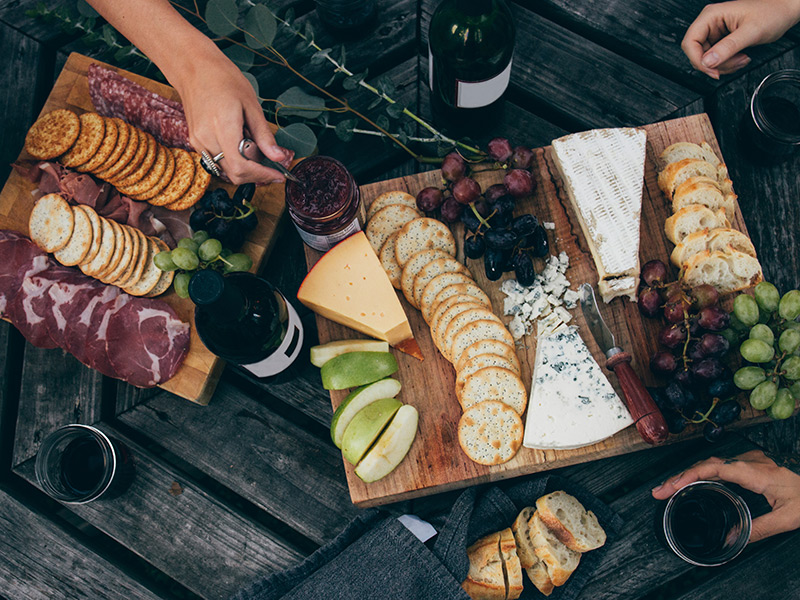
Muhlstein cites a 2013 study that found participants who increased water consumption reduced their body weight after three months. The research revealed that those who drank half a liter of water before each meal lost more weight than those who didn't drink water before eating.
Debbie S. Fetter, PhD, an assistant professor of teaching nutrition at UC Davis, finds that when some people feel adequately hydrated, they tend to eat less or experience fullness sooner because "drinking water before or during a meal can slow the whole eating process, which gives your body more time to register that you're full."
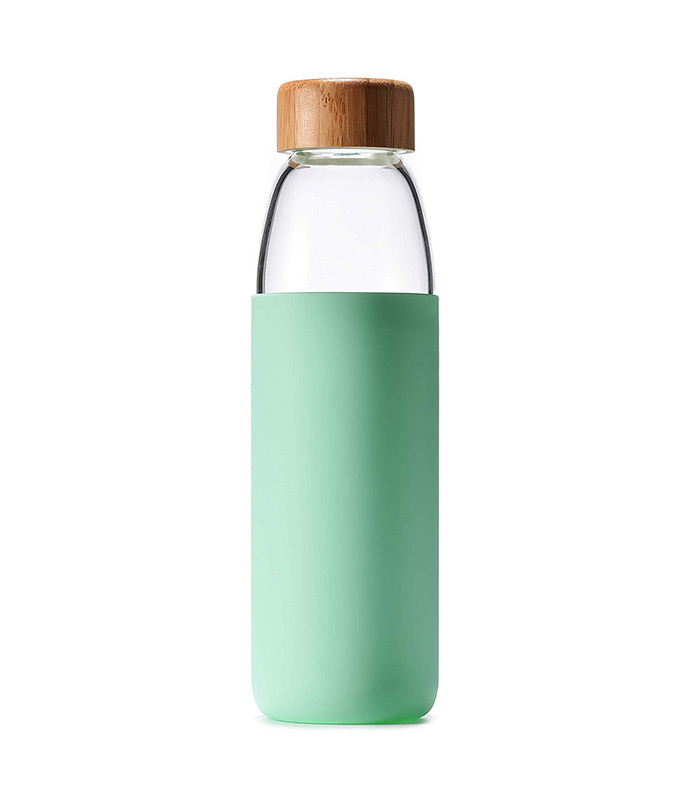
Fetter also notes, "It takes about 10 to 15 minutes for our brains to actually acknowledge that we’re full and satiated."
What Happens When You Drink Water During a Meal?
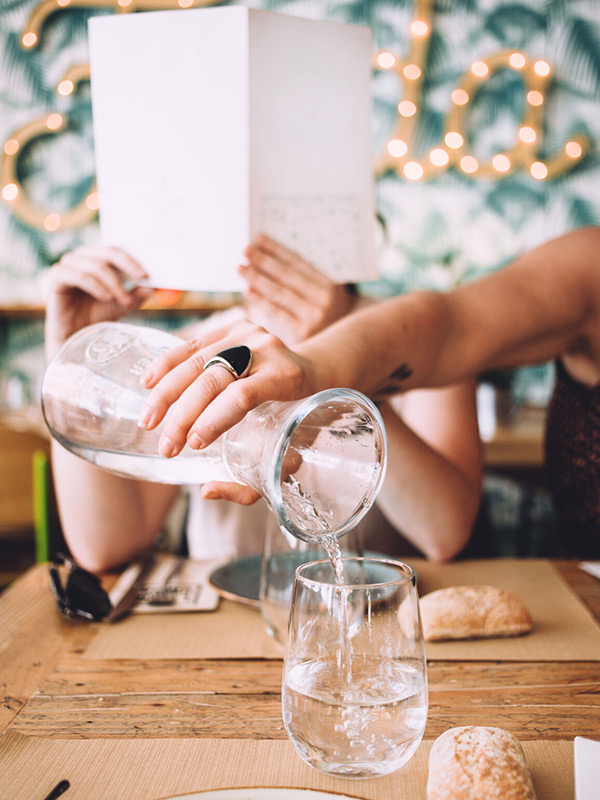
Some people may argue that gulping some water while eating is bad for you, claiming that the process can mess with your digestion. But that’s not necessarily the case.
"If you drink water on an empty stomach, it’ll be faster for your body to absorb it into your circulation. When you’re drinking water [while eating], it can slow the absorption of water because of the food bolus, another term for chewed up food,” explains Fetter. "The addition of water can make it more comfortable for food to slide down the esophagus and can help begin to break down the food matter so the body can absorb the nutrients from the food.”
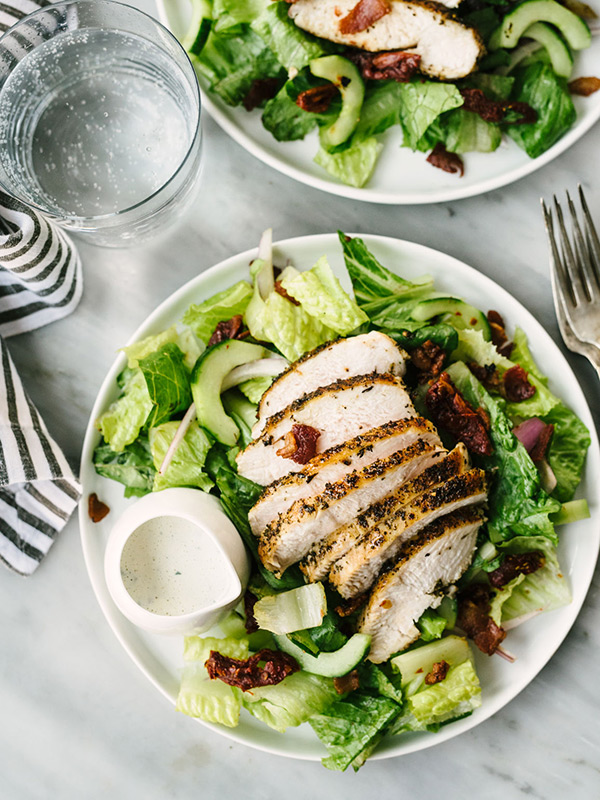
Muhlstein also points out that practically all foods contain water, with fruits and vegetables containing the highest water content. "If you're eating a big salad, you are literally chewing water," Muhlstein declares. "Why wouldn't you be able to have a sip of water with that?"
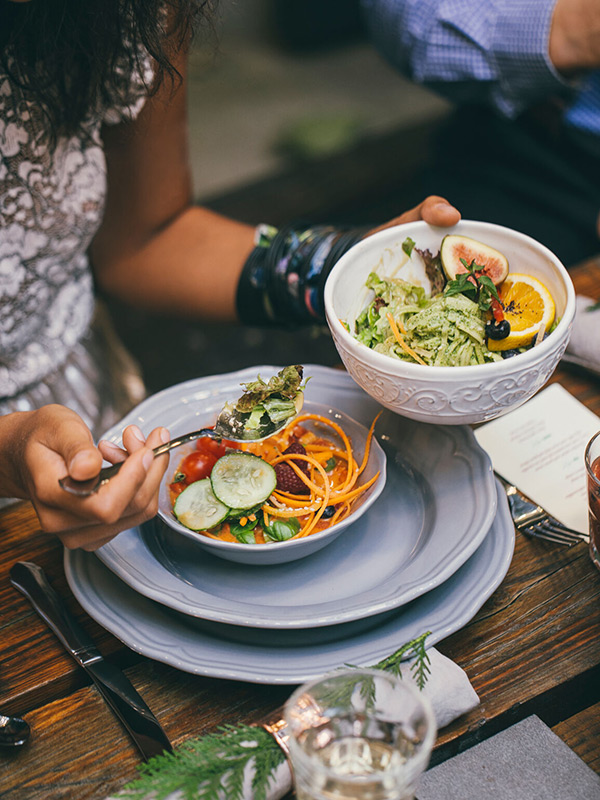
However, if you have gastroesophageal reflux disease (GERD), Fetter suggests considering limiting your fluid intake during meals to prevent indigestion.
Additional Takeaways
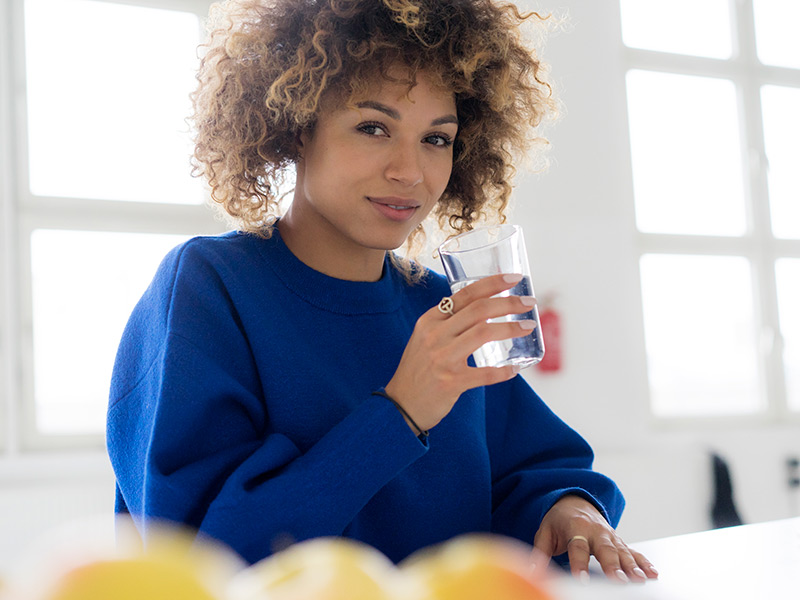
Subjects in studies usually drank water 30 minutes before their meal, but there isn't a specific time frame you have to follow. Instead, it's more important you remain adequately hydrated throughout the day, says Malina Malkani, MS, RDN, CDN, creator of the Wholitarian Lifestyle and a media spokesperson for the Academy of Nutrition and Dietetics.
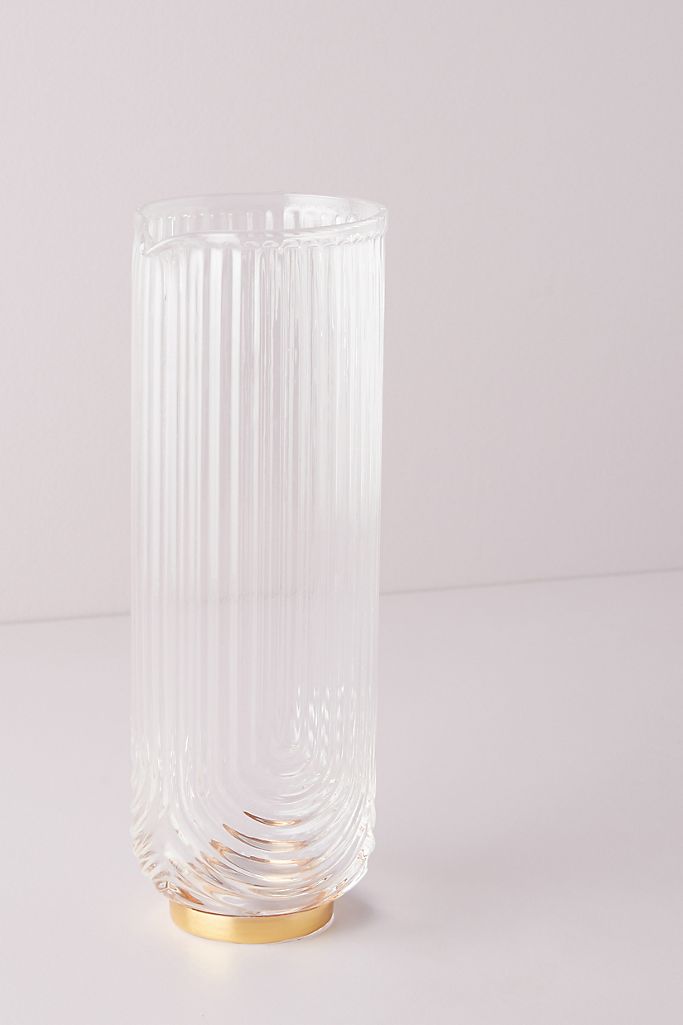
"What I like about associating drinking water with meals is that meals ideally come regularly throughout the day, and if that's an impetus to get you to drink some water throughout the day, that's great," Malkani expresses. "It's easy to forget, and unfortunately by the time we feel thirsty, most of us are already dehydrated."
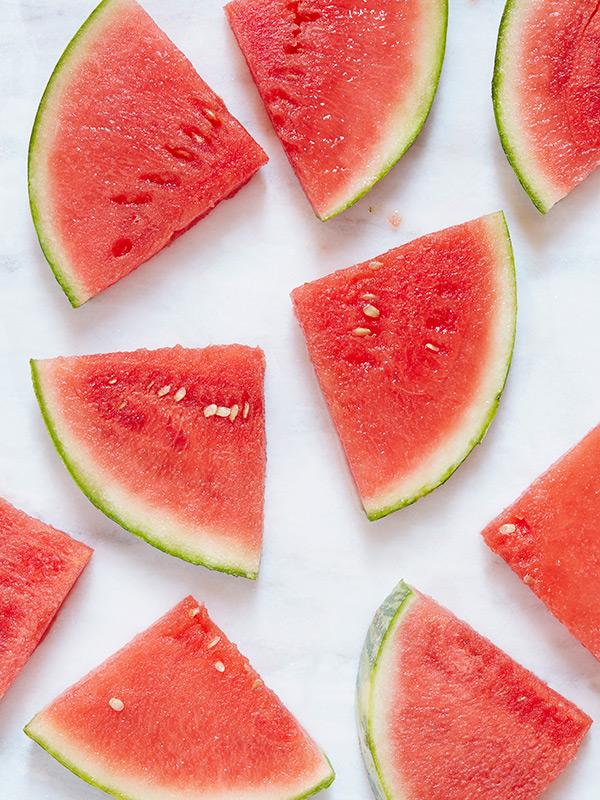
On average, healthy adult men require 15.5 cups (3.7 liters) of fluids on a daily basis, and healthy adult women require 11.5 cups (2.7 liters), according to the Dietary Reference Intakes. "There are a lot of different factors that go into fluid needs, such as altitude, weather, temperature, activity level, and personal health conditions. That's why it's adequate intake and not necessarily a set amount," Malkani reveals.
Remember that water isn't the only way to stay hydrated. There are also water-rich foods, including watermelon, cucumber, cauliflower, broths, and soups.
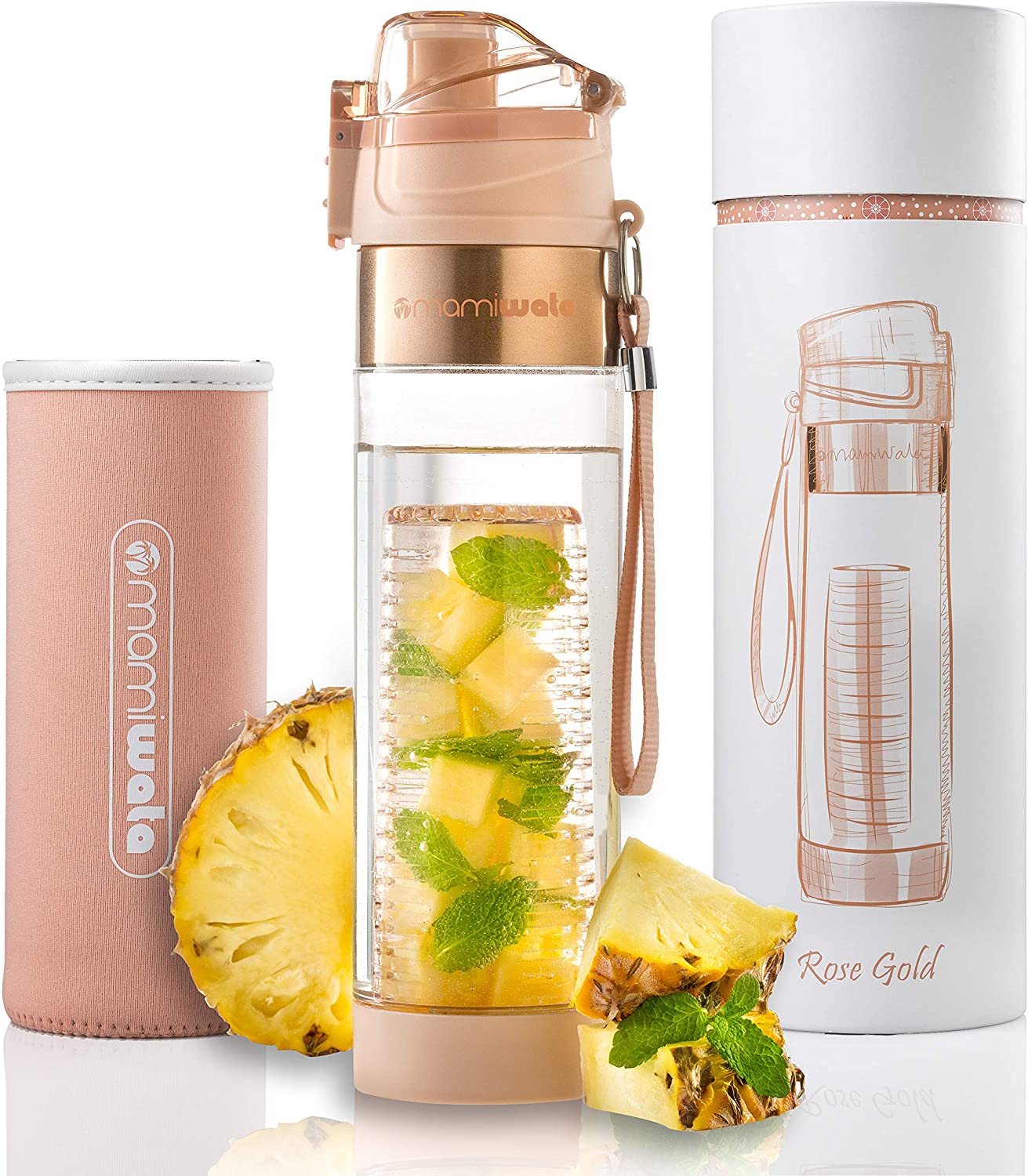
"Consuming foods that have a high water content, such as different fruits and vegetables, counts toward your daily hydration," mentions Fetter. "Along with those foods, you’re also consuming some fiber, which can help you feel full for longer, which in turn has been shown to help with weight loss and weight maintenance, so it's a win-win."
If drinking plain ol' water doesn't thrill you (it's not the most exciting beverage—we get it), you can always add some lemon or mint to give it more flavor.
Next up: 7 Metabolism Myths That Are Just Plain Wrong
This article was published at an earlier date and has been updated.
Disclaimer
This article is provided for informational purposes only and is not intended to be used in the place of advice of your physician or other medical professionals. You should always consult with your doctor or healthcare provider first with any health-related questions.
-
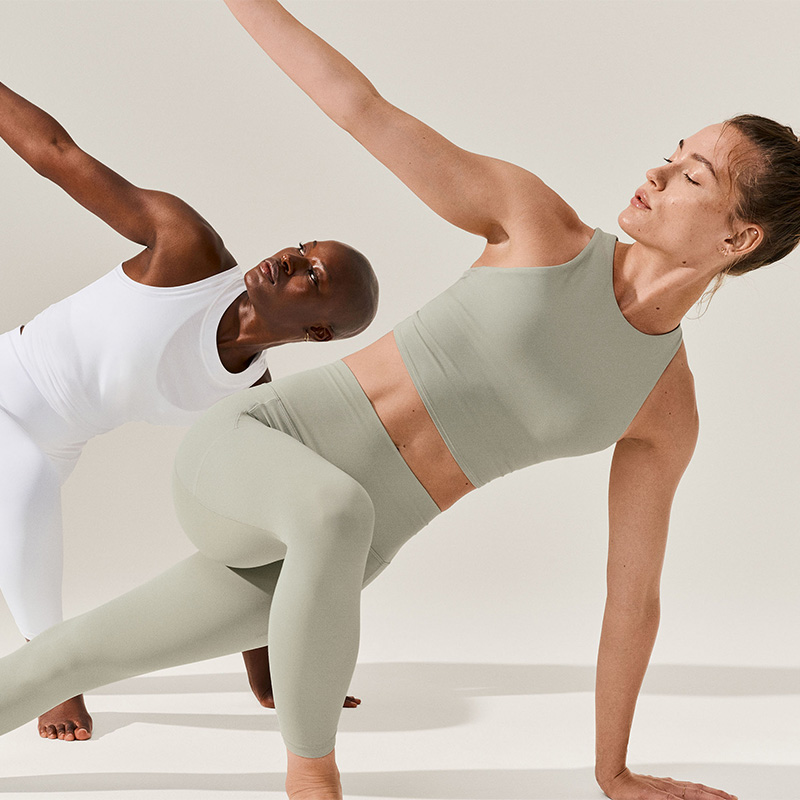 I Live for Yoga and Pilates—These Are the Pieces That Help My Flow
I Live for Yoga and Pilates—These Are the Pieces That Help My FlowTake notes.
By Humaa Hussain
-
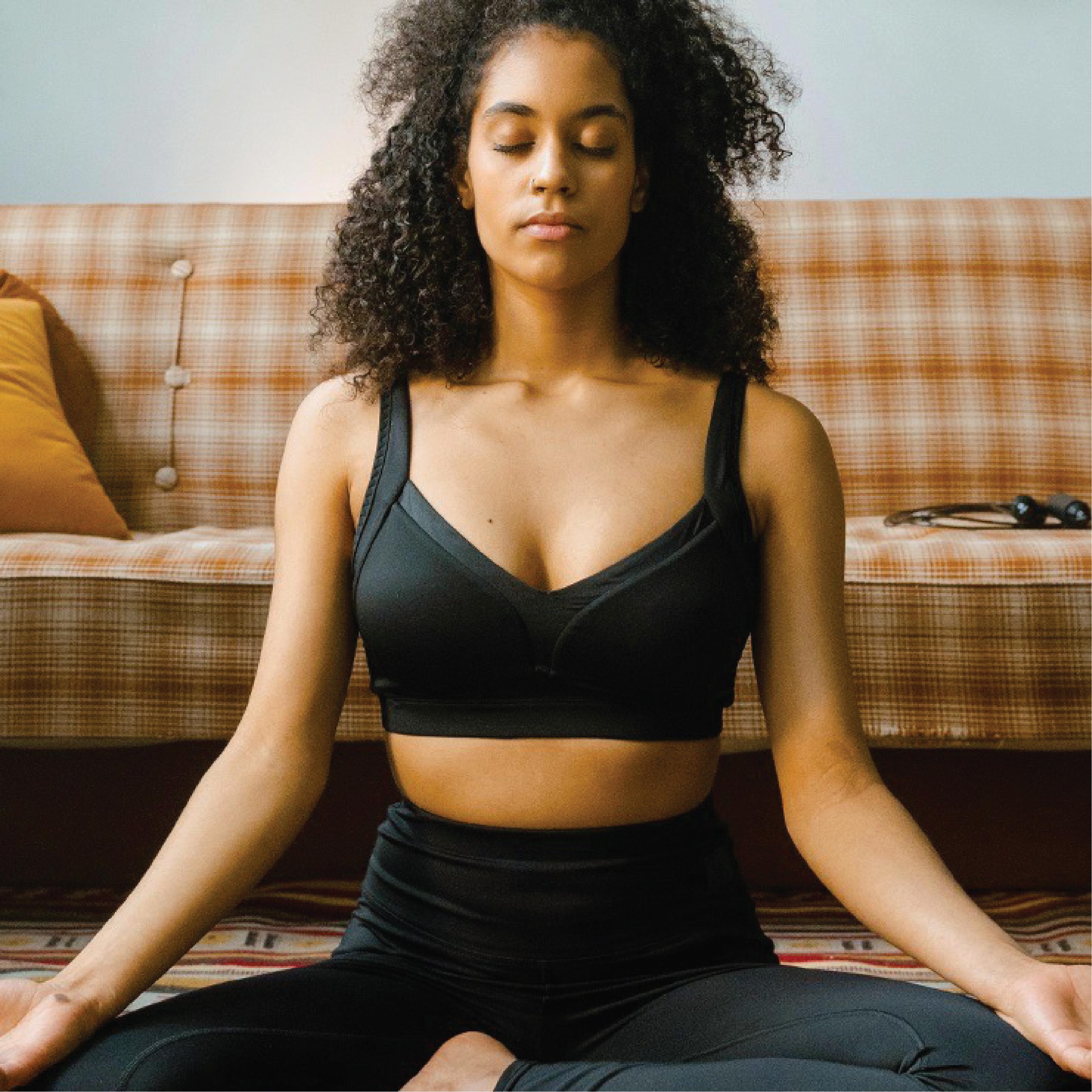 It's Time to Get Our Nutrition in Check for Summer—This App Is Making It Easy
It's Time to Get Our Nutrition in Check for Summer—This App Is Making It EasyThe recipe ideas are endless.
By Who What Wear
-
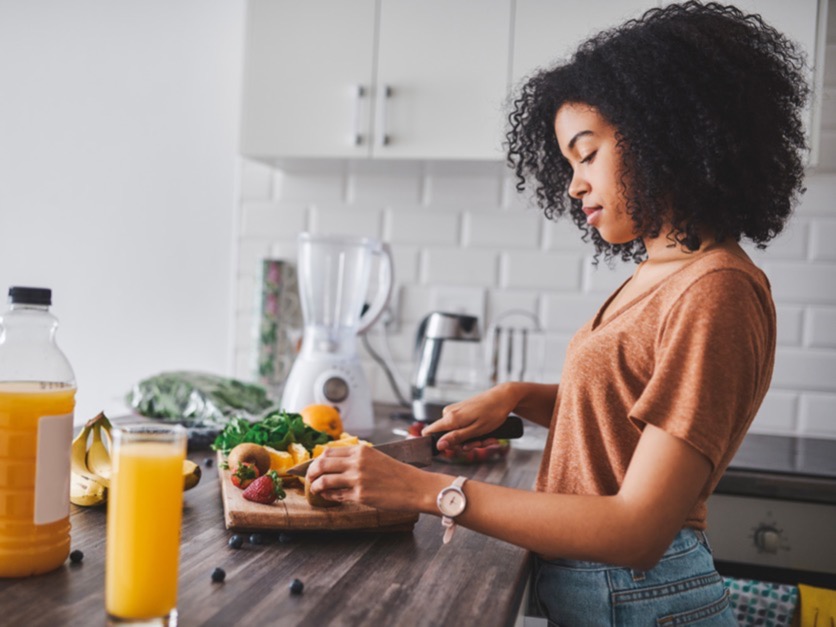 If You're Battling With Digestive Issues, This Could Be Why
If You're Battling With Digestive Issues, This Could Be WhyTurns out, you may not have IBS after all.
By Kia Topps
-
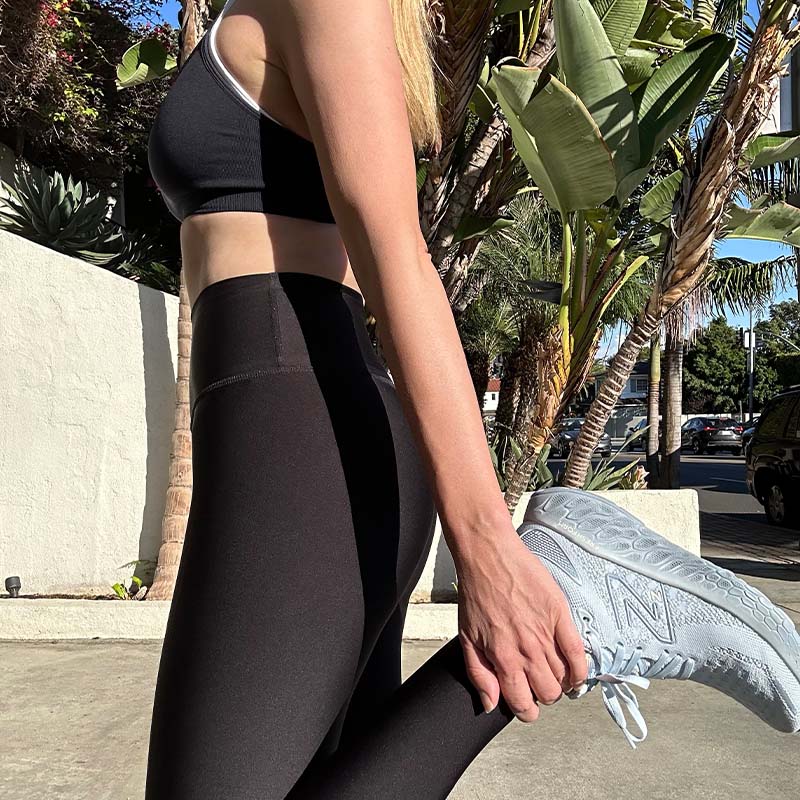 Our Editors Own a Lot of Sneakers, But This Pair Comes in First Place Every Time
Our Editors Own a Lot of Sneakers, But This Pair Comes in First Place Every TimeA major win.
By Aniyah Morinia
-
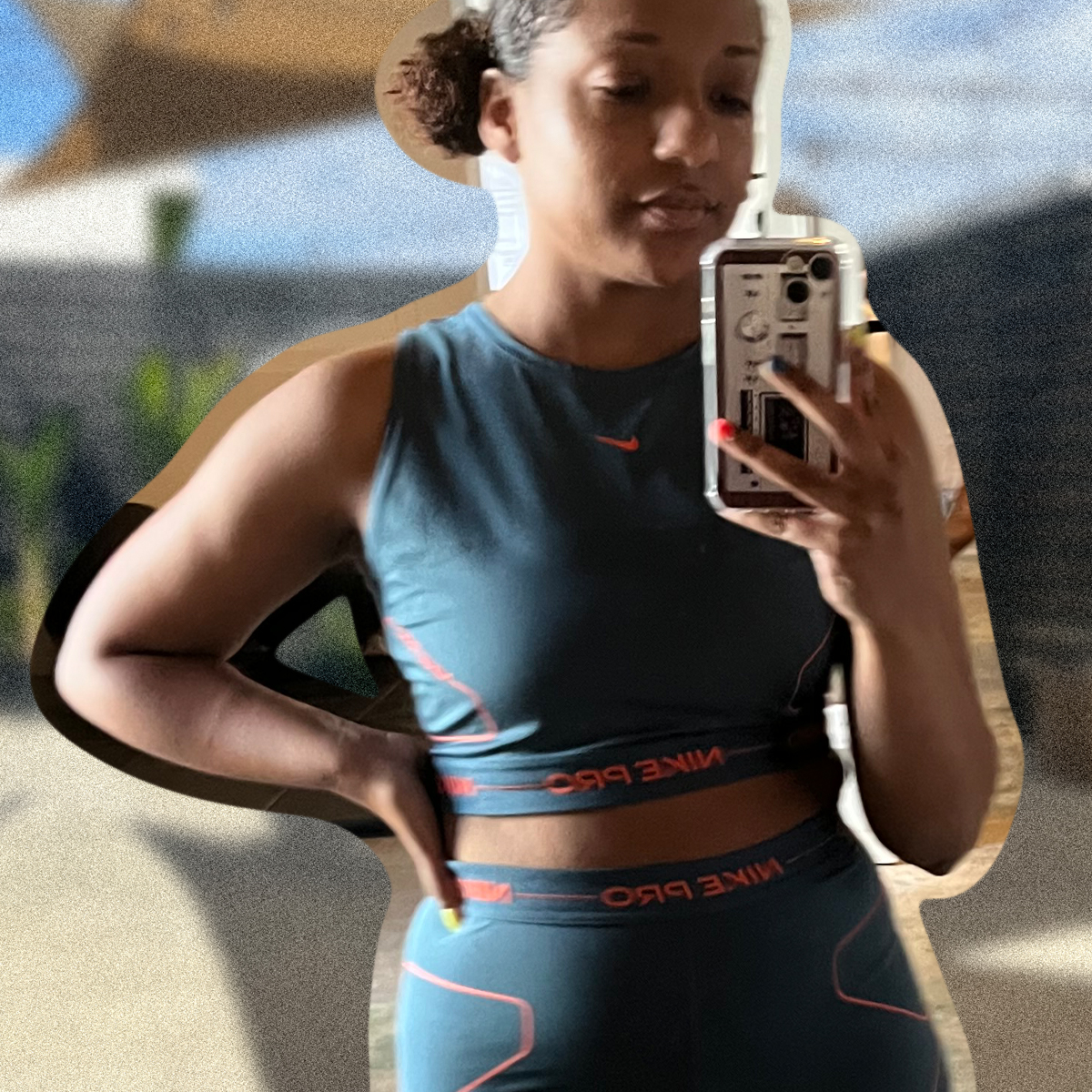 I Changed My Mind About Strength Training When I Tried This Workout
I Changed My Mind About Strength Training When I Tried This WorkoutMy confidence is officially on 10.
By Kia Topps
-
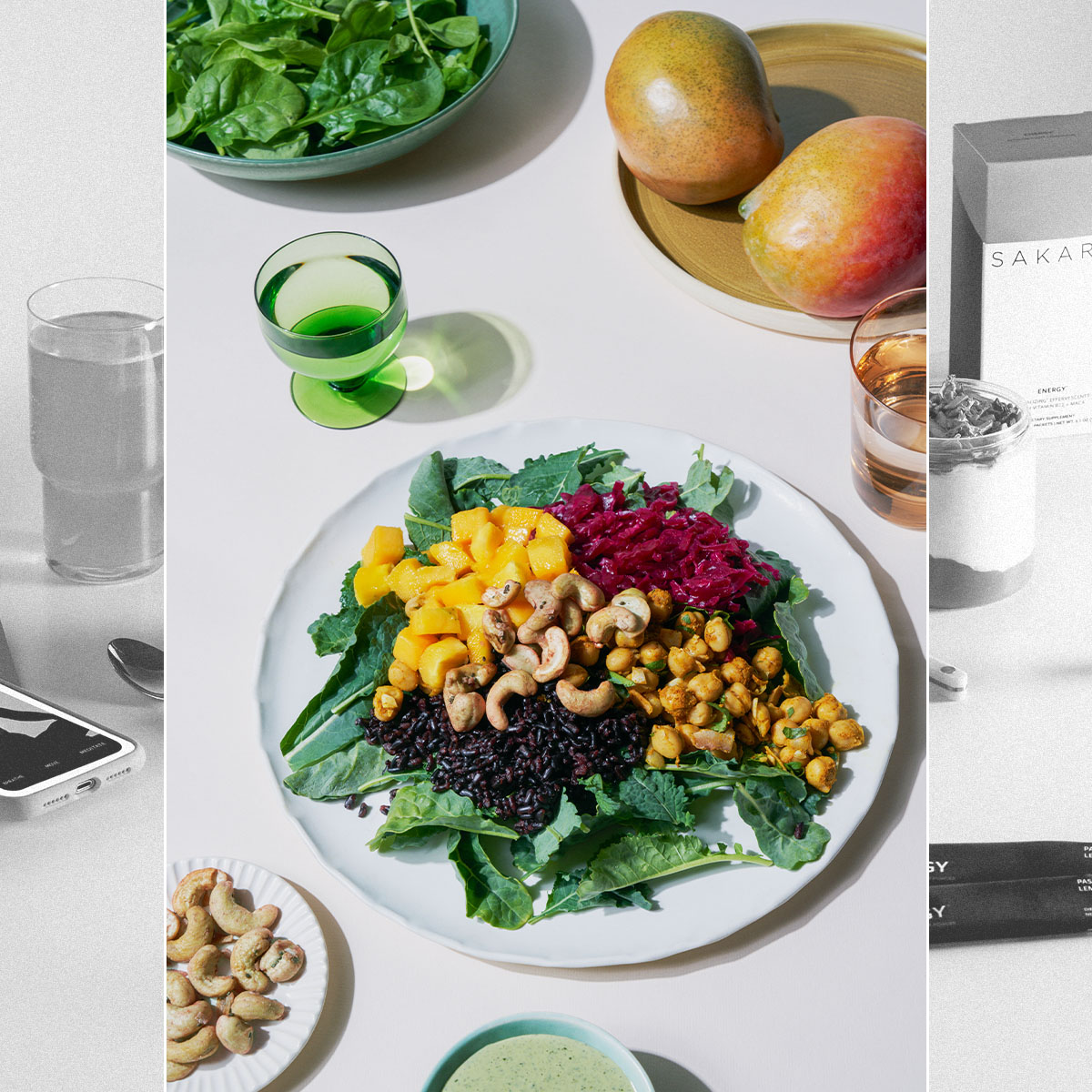 Bella Hadid and Gwyneth Paltrow Apparently Love Sakara Life, so We Tried It for 30 Days
Bella Hadid and Gwyneth Paltrow Apparently Love Sakara Life, so We Tried It for 30 DaysHere are our honest thoughts.
By Erin Jahns
-
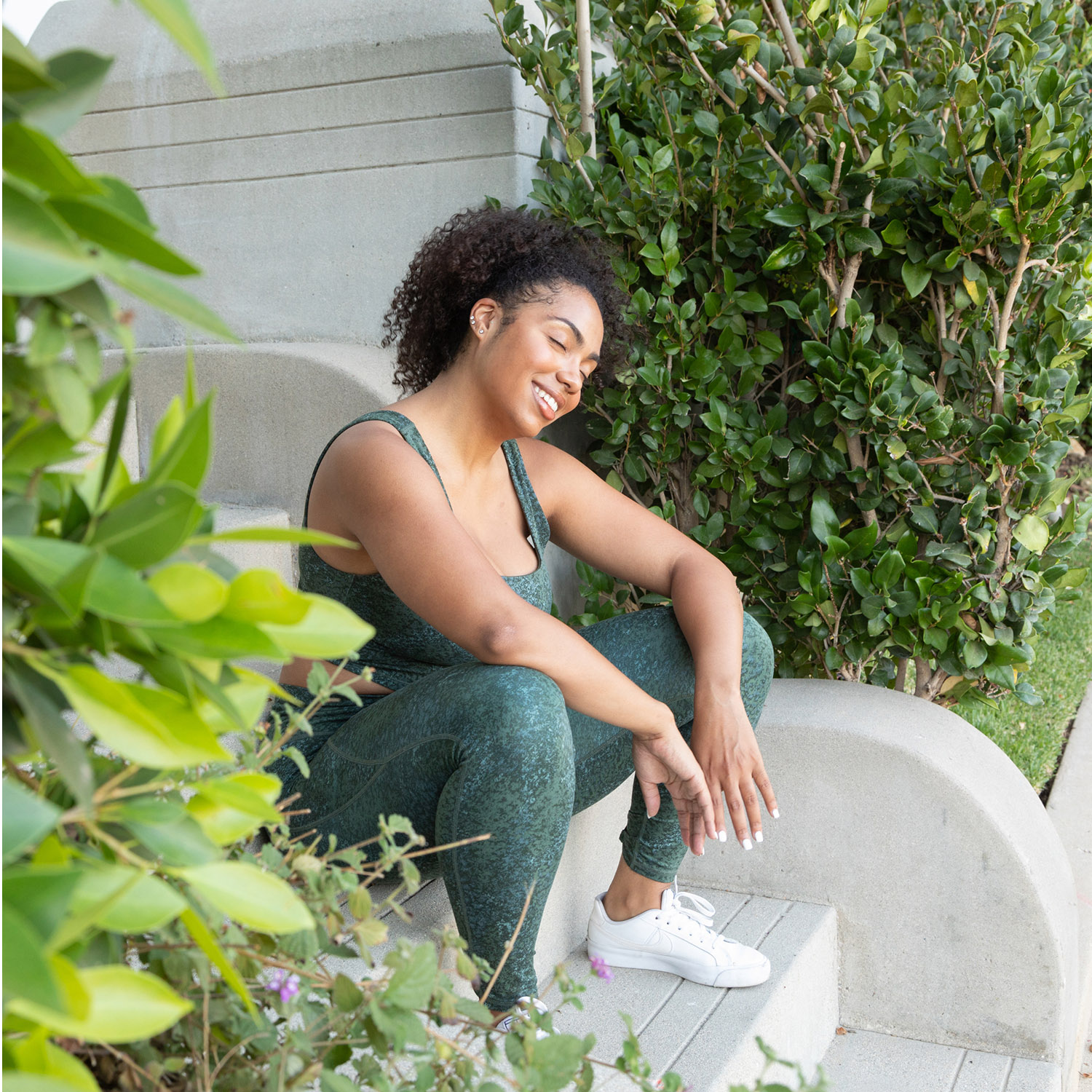 This Type of Gear Will Take Your Workout to the Next Level
This Type of Gear Will Take Your Workout to the Next LevelBring it on.
By Sarah Yang
-
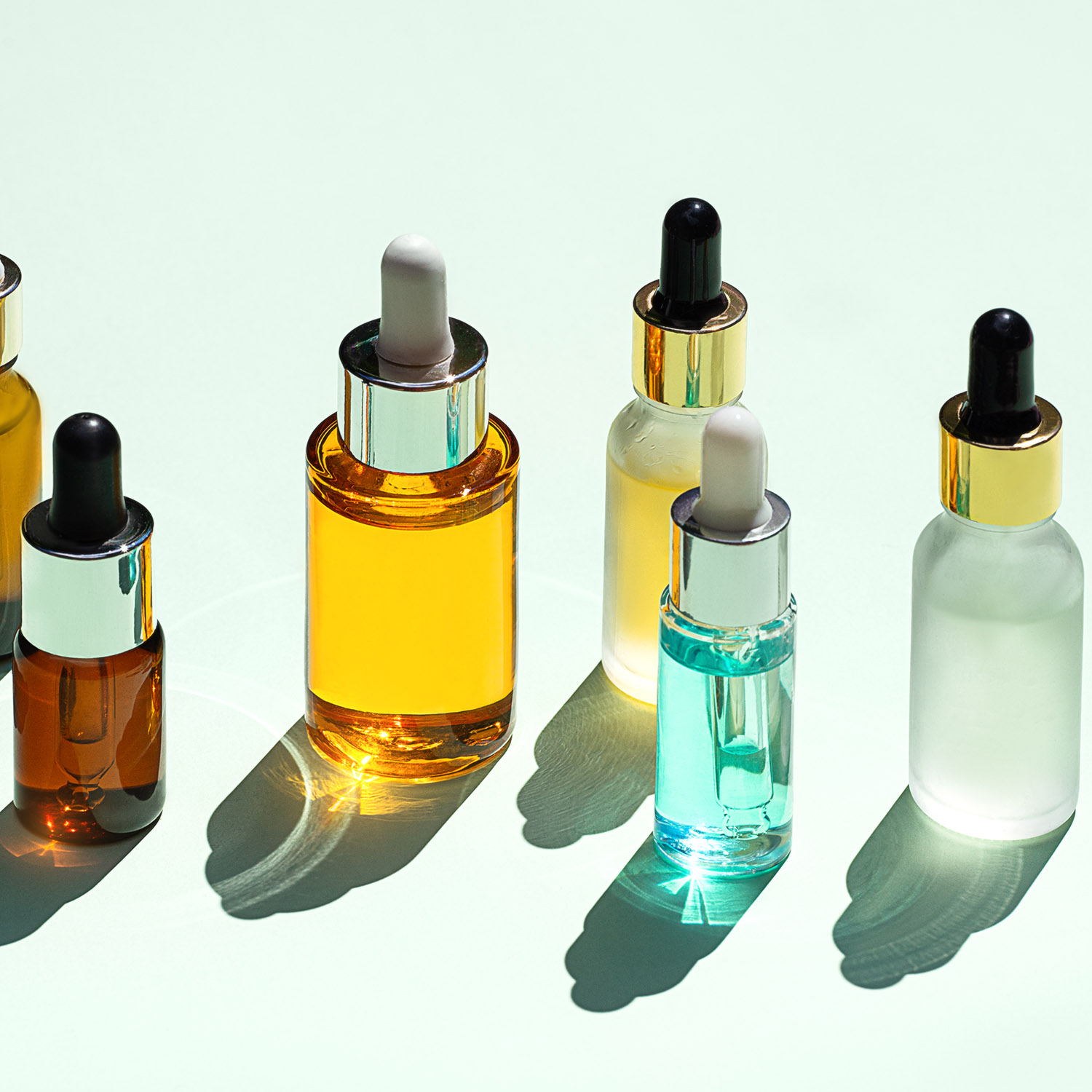 6 Essential Oils That Will Heal Your Painful Sunburns
6 Essential Oils That Will Heal Your Painful SunburnsAll-natural relief ahead.
By Samantha Parsons

